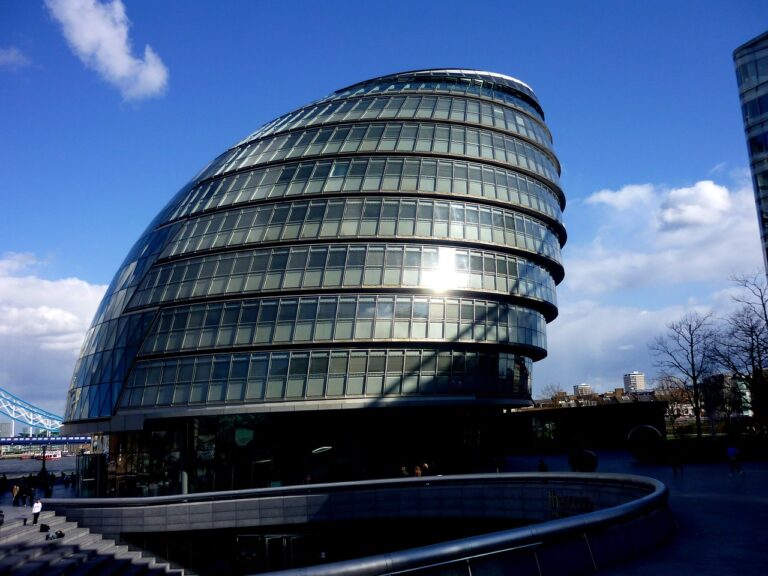Exploring the Impact of Artificial Intelligence on Music Production
goldbet.com registration, tiger exchange login, betbook247: Artificial Intelligence (AI) is revolutionizing many industries, and music production is no exception. From assisting in creating catchy melodies to mastering tracks, AI tools are changing the way music is created and consumed. In this article, we will explore the impact of artificial intelligence on music production.
Understanding AI in Music Production
AI in music production refers to the use of algorithms and machine learning to assist musicians and producers in various aspects of creating music. These tools can analyze data, predict patterns, and generate new content based on existing music.
1. AI in Melody Creation
One of the most significant impacts of AI in music production is its ability to help in creating melodies. AI-powered tools can analyze existing songs and generate new melodies based on the patterns identified. This can be a game-changer for musicians looking for inspiration or struggling to come up with new ideas.
2. AI in Music Composition
AI tools can also assist in composing music. These tools can analyze the structure of a song, identify key elements, and even suggest ways to improve it. This can be particularly useful for musicians working on complex compositions or looking to experiment with different styles.
3. AI in Mixing and Mastering
Another area where AI is making a significant impact is in mixing and mastering tracks. AI-powered tools can analyze audio files, identify issues, and apply corrections to improve the overall sound quality. This can save producers a significant amount of time and effort while ensuring a professional finish.
4. AI in Music Recommendation
AI is also being used to personalize music recommendations for listeners. Platforms like Spotify and Apple Music use AI algorithms to analyze user preferences and suggest songs and artists that align with their tastes. This not only helps listeners discover new music but also supports independent artists by increasing their visibility.
5. AI in Live Performances
Some musicians are using AI in live performances to create interactive experiences for their audiences. AI-powered systems can analyze the crowd’s reaction in real-time and adjust the music or visuals accordingly. This can create a dynamic and engaging performance that responds to the audience’s mood.
6. AI in Music Marketing
AI is also being used in music marketing to target the right audience and promote music effectively. AI algorithms can analyze data from social media and streaming platforms to identify potential fans and create targeted advertising campaigns. This can help musicians reach a wider audience and grow their fan base.
FAQs
Q: How accurate is AI in generating melodies?
A: AI tools have become increasingly accurate in generating melodies, but the quality of the output can vary depending on the complexity of the task and the data available.
Q: Are musicians worried about AI replacing them?
A: While some musicians may have concerns about AI taking over creative tasks, many see it as a tool to enhance their skills and productivity rather than replace them entirely.
Q: Can AI be used to replicate a specific artist’s style?
A: AI can analyze an artist’s style and create music that resembles it, but truly capturing the essence of an artist’s unique style and creativity remains a challenge for AI.
In conclusion, artificial intelligence is transforming music production in various ways, from generating melodies to enhancing sound quality. While some may see AI as a threat to traditional music production, many musicians are embracing these tools to unlock new creative possibilities and streamline their workflow. As AI technology continues to evolve, we can expect even more exciting innovations in the field of music production.







